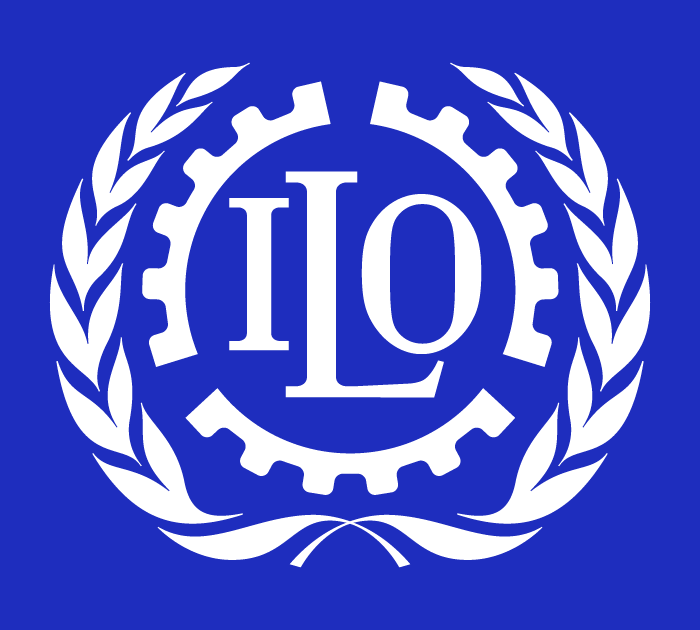The International Labour Organisation (ILO) has reported that unpaid care work significantly restricts the economic participation of 708 million women worldwide, highlighting obstacles to employment and financial independence. As per a recent ILO brief, the burden of care responsibilities inhibits millions of women from engaging in paid employment, raising concerns that demographic changes and climate-driven trends could further escalate the demand for care work. On the occasion of the International Day of Care and Support, the ILO underscored the necessity of implementing measures to support the care economy, as an estimated 748 million individuals aged 15 and older currently remain outside the global labor force due to care duties—one-third of all working-age people not participating in the workforce. Among these, women comprise the majority, illustrating a critical area of concern for labor equality.
According to the ILO’s global estimates derived from data across 125 countries, care duties emerge as the predominant barrier preventing women from entering and maintaining their positions in the labor market. Although men do cite personal reasons for their non-participation, such as health and education, they are significantly less likely to reference caregiving responsibilities. This disparity reveals women’s disproportionate engagement in child-rearing, caregiving for those with disabilities, and other related responsibilities. Statistics indicate that while nearly 1.6 billion women and 800 million men are currently outside the labor force, 45% of the women and only 5% of the men attribute this to care responsibilities. Notably, among women aged 25 to 54, two-thirds cite care duties as the reason for their absence from the workforce, with lower education levels and rural habitation compounding their challenges.
Sukti Dasgupta, the ILO’s Director of Conditions of Work and Equality, observed that societal expectations and norms further entrench women’s heavy caregiving burden, perpetuating gender inequalities in labor force participation. She emphasized that socio-economic factors such as inadequate infrastructure, limited job opportunities, and an absence of comprehensive support systems disproportionately affect women, further sidelining them from economic engagement. Regionally, the statistics unveil a stark reality: Northern Africa leads with 63% of women outside of the labor force citing care responsibilities, followed closely by the Arab States at 59%. Meanwhile, in Asia and the Pacific, 52% report similar sentiments, contrasting sharply with 19% in Northern America and the lowest rate in Eastern Europe at 11%.
Highlighting the disparities in the workplace stemming from unequal distribution of care duties, Rafael Diez de Medina, Chief Statistician of the ILO, noted the critical role of data in comprehending the care economy and identified decent work within this sphere as an ILO priority. This sentiment resonates with the historic resolution adopted by the ILO in June 2024, which calls for an urgent reevaluation of policies addressing the barriers that unpaid care responsibilities pose to women’s workforce participation. ILO Director-General, Gilbert Houngbo, emphasized the need for systemic changes that confront existing gender inequalities in caregiving roles. The resolution advocates for frameworks that enhance the situation of both caregivers and those receiving care, seeking to fortify women’s inclusion and progression in paid work.
Despite improvements since the ILO’s prior estimates—wherein 606 million women were identified as outside the labor force due to care duties—recent data underscores that care responsibilities remain the principal reason for women’s absence from employment. Although the new figures are not directly comparable due to differing methodologies, they affirm the ongoing struggle many women face in seeking and maintaining work. Progress has been observed with some countries enhancing investments in early childhood care and education, aimed at promoting women’s participation. Yet this momentum needs to be amplified to tackle the challenges posed by a rapidly changing world, characterized by demographic shifts and increased demands on the care sector.
Given the evolving landscape, marked by an aging population and intensified climate change impacts, the ILO highlights the impending escalation in demand for care services. The most recent ILO resolution underscores the criticality of sufficient investment in care policies to fortify family support systems and overall economic resilience. It advocates not only for the recognition of unpaid care work but also for better frameworks to support care workers, thereby enhancing the quality of care provided and encouraging greater participation of women in the labor force. As the discourse surrounding caregiving continues to grow, a renewed focus on equitable policies is essential for enabling women to overcome the barriers that unpaid care work imposes on their economic futures.


